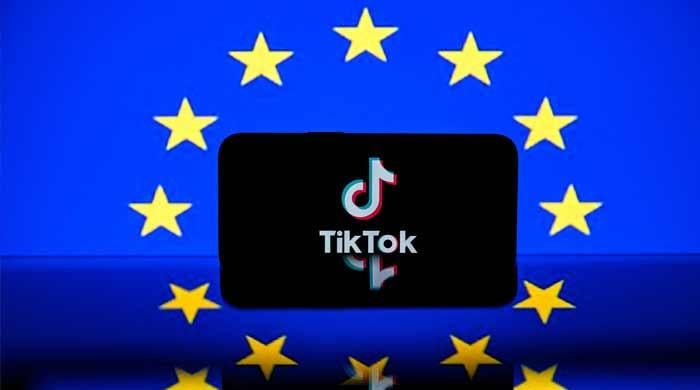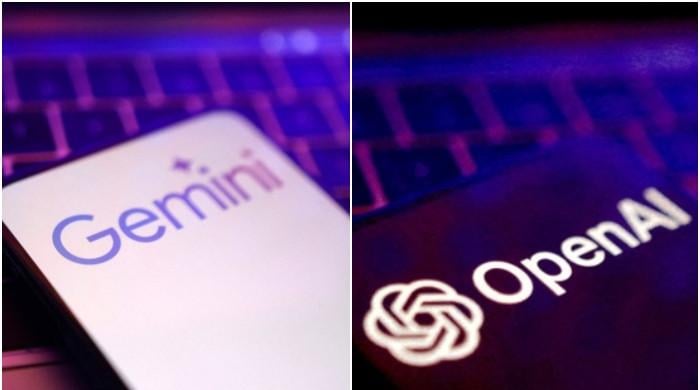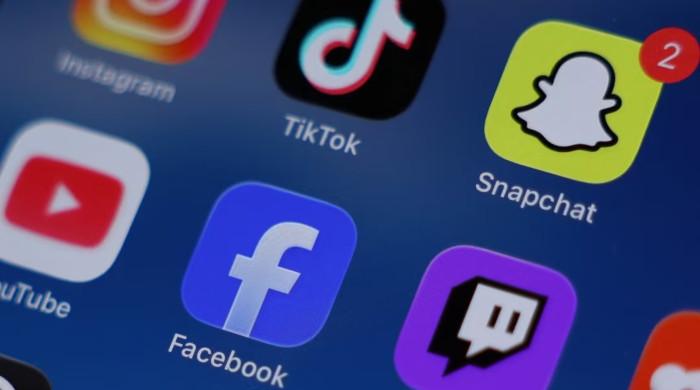Is Twitter's reign over? Some contenders that can dethrone it
Article presents a list of potential contenders to dethrone Twitter as the go-to website for media, officials, and celebrities
May 02, 2023
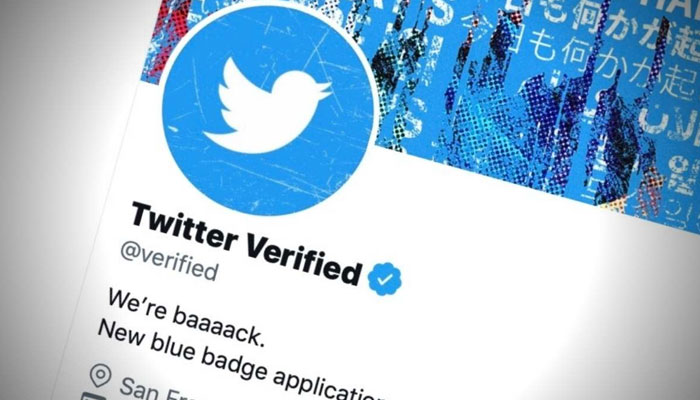
As Twitter continues to face backlash over its new policies, users are exploring alternative platforms. Here's a rundown of some of the options that have been gaining attention.
Bluesky
Bluesky, the Twitter clone developed by Twitter's co-founder Jack Dorsey, is currently in testing phase. The platform looks and feels like Twitter, but posts are referred to as "skeets" instead of "tweets."
Bluesky was created as a way to explore a decentralized version of Twitter where users have more control over their data and content moderation.
Mastodon
Mastodon, a decentralized social network that prioritizes privacy and has no advertising, saw a surge in popularity following Elon Musk's takeover of Twitter.
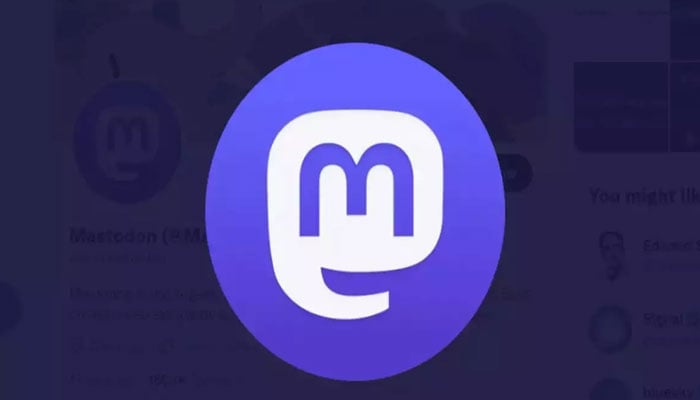
However, its active monthly user count dropped from a high of 2.5 million in late November and December to 1.4 million in late January.
Content moderation is left to individual server administrators, which has led to some disruption in the user experience.
Substack Notes
Substack Notes, a new feature from Substack that allows writers to post short pieces of content, was briefly blocked by Musk after its launch.

Musk has since reversed his decision and heavily promoted ways Twitter can help users make money. Substack Notes has faced criticism over its content moderation policies, but its revenue model is based on taking a cut from writer pages rather than page views and advertising.
Niche platforms catering to specific audiences are also gaining attention. Right-wing sites like Gab and Truth Social have positioned themselves as conservative alternatives to Twitter, while Discord is a platform popular among gamers that allows for invite-only chat rooms. Discord recently made headlines when a US national guardsman allegedly used the platform to share sensitive US documents with his chat group.
While these alternative platforms offer different features and priorities, none have yet emerged as a clear successor to Twitter. Users will have to weigh the trade-offs between decentralization, privacy, and ease of use as they decide where to take their online presence.






